The evolution of queer nightlife in Fenway
The amount of open gay bars have declined significantly over the last 15 years. 36.6% of gay bar business listings were deleted from the internet from 2007 to 2019, with 15.1% of the remaining later being removed through spring 2021.
Partygoers at Machine Nightclub. Courtesy of Hurley Event Photography.
January 10, 2023
At the start of the pandemic, the Fenway neighborhood said goodbye to its last queer-centric nightlife venue. Almost three years later, the queer community is working to rebuild those spaces.
Machine Nightclub opened its doors in 1998, occupying the ground floor space of 1254 Boylston Street. Above it sat Ramrod, the leather and Levis gay bar. The club held its final event on March 14, 2020, only a few days before Gov. Charlie Baker’s lockdown order went into effect.
Machine’s closure raised questions about what is being done with the space it once occupied. “I didn’t know that they were just going to build a whole new building,” said Paula Espinoza, a Simmons alumni who graduated in May 2022 and uses they/them pronouns.
Scape Boylston, LLC proposed to build a 226,700-square-foot development at 1252-1270 Boylston Street. Within the development, there will be 477 residential housing units and a ground-floor retail podium. The space will also include the ‘Boylston Black Box.’ This will serve as a “10,000-square-foot LGBTQ-centric venue for the performing arts.”
Scape Boylston, LLC did not respond to the Voice’s request for a statement about the venue.
“I learned about [Machine] before I even got [to Simmons] because I wasn’t out in high school,” said Espinoza. They first went to Machine with a group of friends they met during an orientation event.
“It was a couple weeks into my freshman year at Simmons and someone on my floor who I didn’t know super well invited me to go to Machine and I wasn’t doing anything so I was like ‘yeah, sure, whatever I’ll go,’” said Hope Whynot, a Simmons alumni who graduated in December 2016 and uses they/them pronouns.
Whynot had mixed feelings about how much they enjoyed their time at Machine. “It wasn’t really a queer space in my opinion. It was a space that tolerated queer people but was generally overrun by college students and sometimes creepy men, like older men,” they said.
Whynot met their partner, a fellow December 2016 graduate to whom they are now married, at Machine that same night. “I was only marginally upset when it shut down, mainly because I had met Theresa there. But it wasn’t really a huge loss in my opinion,” they said.
Espinoza expressed that they “felt like it just ended really quickly, and it was a little sad.” They added that they thought their friends felt similarly. “We wished we could have gone before it closed.”
The importance of having queer centric spaces rings strong among LGBTQ+ individuals. “I always wanted community in high school. When I wasn’t out, it was really hard to do that,” said Espinoza.
“The rest of society is kind of a safe space for [cisgender and heterosexual] people,” said Nutrition and Dietetics major Emma Scott. As Scott sees it, spaces dedicated to queer people gives them a place where they can be themselves without worrying about judgment from others.
The amount of open gay bars have declined significantly over the last 15 years. 36.6% of gay bar business listings were deleted from the internet from 2007 to 2019, with 15.1% of the remaining later being removed through spring 2021.
The dwindling number of gay bars calls to question their impact. “A lot of LGBT spaces or gay bars are focused on gay men,” said Whynot. “So, when we talk about community, who are we talking about? And if you’re talking about wanting there to be a gay bar, who’s the primary audience for that?”
Whynot went on to say, “A group called LGBTQ Nightlife Events [hosts] a lot of queer events and I know that they’re looking to try and open an LGBTQ space in Boston.”
LGBTQ Nightlife Events is a Boston-based organization dedicated to hosting various LGBTQ-centric events around the city. They are best known for events such as Sapphic Nights, a bi-monthly event dedicated to sapphic-identifying people, and Issa Vibe, a night dedicated to queer and trans people of color.
In the caption of an Instagram post from the organization, co-founder Thais Rocha wrote that the mission is to “open Boston’s first Queer Bar for women and non-binary LGBTQ+ community members who feel like we have no place.”
On January 8, LGBTQ Nightlife Events shared the name of their new space, Dani’s Queer Bar. As the caption of the Instagram post stated, details will be announced at the next Sapphic Nights event on January 28.
In Espinoza’s opinion, a lot of queer nightlife is “catered towards gay men, so I’m not really the demographic it’s attracting. It’s not as enticing.”
“It’s all about creating the space that you don’t see out there for yourself and for other people. And that’s what we’re trying to do a little by little,” Rocha said in an interview with GBH News.
“There are other places to build community. It doesn’t have to be focused on drinking and nightlife,” said Whynot. “I’m on a queer kickball team. It doesn’t always have to be nightlife as a way to be active in the community.”
Ezpinoza echoed this sentiment. Though they enjoyed having a place to engage in queer-centric nightlife, they “wish there were more places that weren’t necessarily like a club.”
“How many places do heterosexuals have to go? While we have nowhere,” said Po Couto in an article with DigBoston. Couto is the founder of Haus of Threes, a Boston-based queer collaborative space.
Haus of Threes aims to “create space for queer, BIPOC, transgender, and non-binary people who continue to be most marginalized within LGBTQ+ spaces and society.” It has become home to artists, wellness professionals, therapists, businesses, nonprofits, and more.



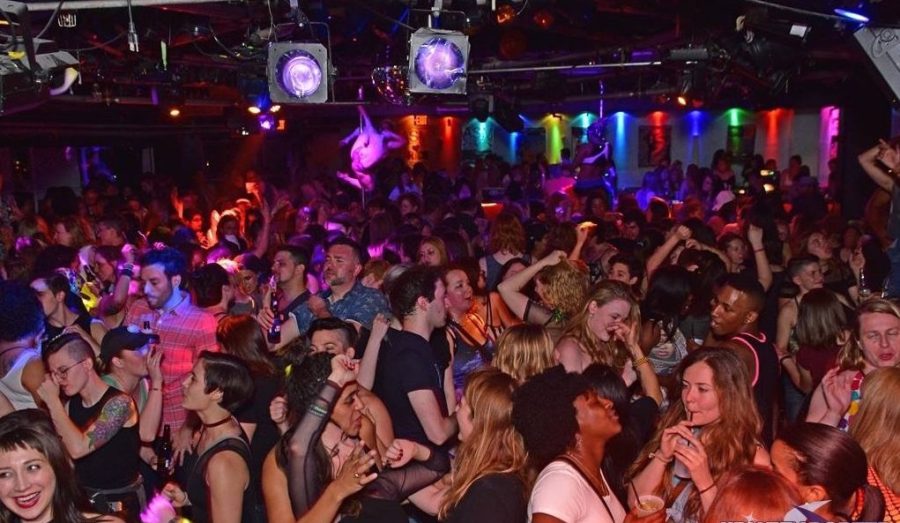
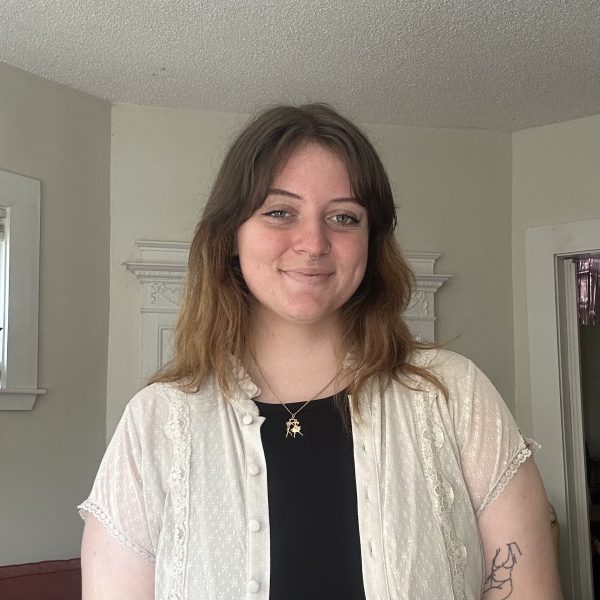

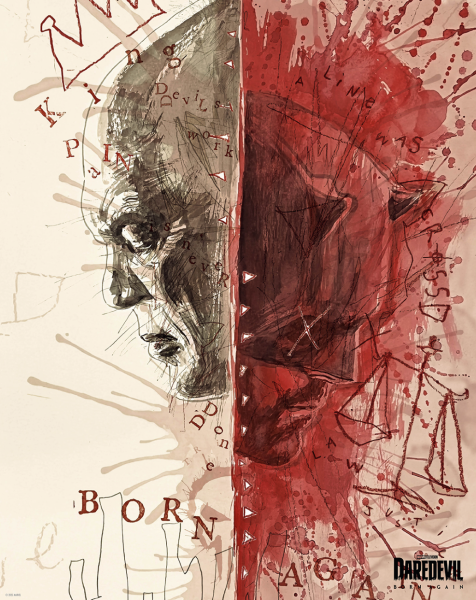
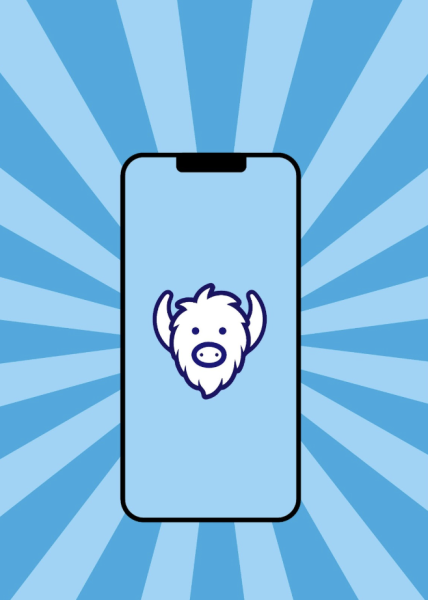
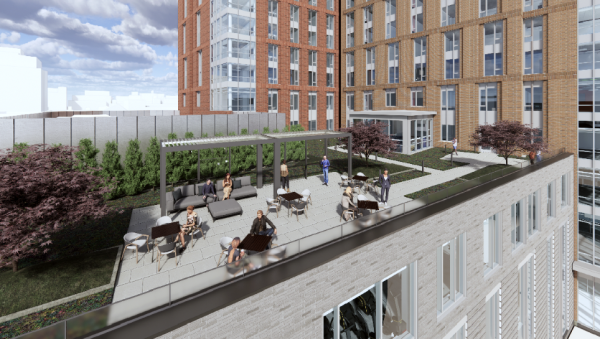
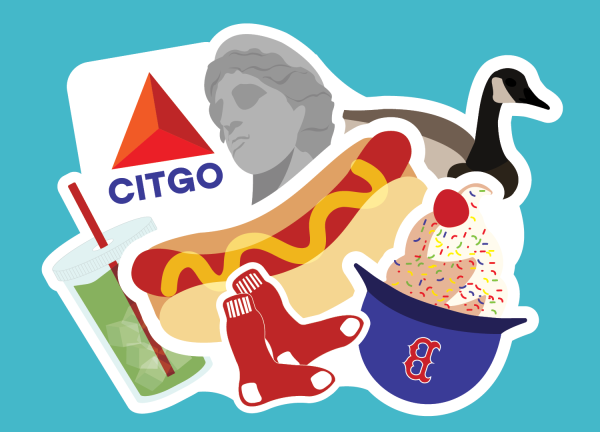
David Thibodeau • Jan 13, 2023 at 11:30 pm
I am a gay man and I certainly do not regret the demise of gay bars. There are three type of men in gay bars,: predators, victims, and enablers. May they rest in misery.